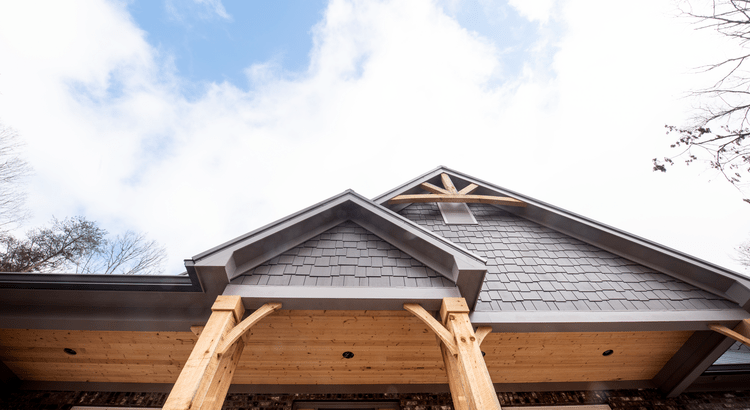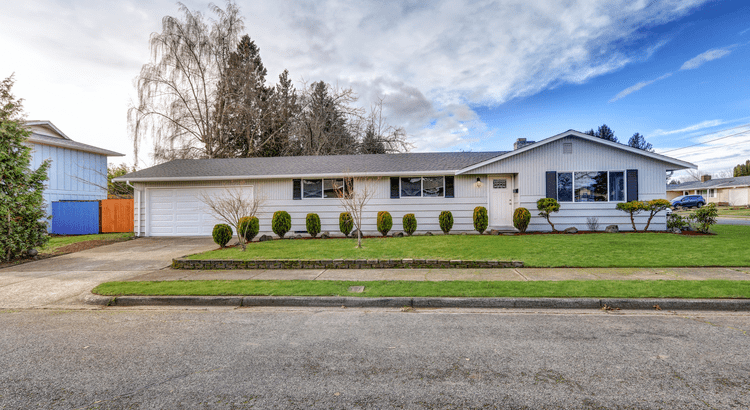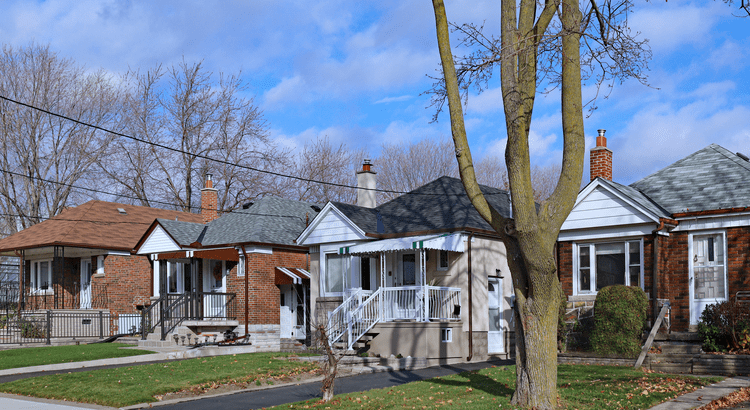Patience Won't Sell Your House – Strategic Pricing Will

Selling a home isn’t about waiting for fate, luck, or that one magical buyer who falls in love the second they walk in. In today’s real estate market, sitting back and being patient is rarely the strategy that gets you results. The truth? Your pricing strategy is what makes or breaks your home sale.
Let’s break it down and talk about why patience won’t sell your house, how pricing directly impacts the time on market, and what you can do to position your home for a faster, more successful sale.
Why Homes Are Taking Longer To Sell Today
If you’ve noticed that houses in your area are sitting on the market longer than they used to, you’re not imagining things. Homes are indeed taking longer to sell compared to last year. According to Realtor.com, the typical home spent 60 days on the market in August—that’s about a week longer than the same time last year.
Why is this happening?
-
More competition: There are simply more homes available right now, which gives buyers more options and more negotiating power.
-
Price sensitivity: Buyers are no longer rushing to bid over asking like they did in 2021–2022. Instead, they’re cautious, calculating, and focused on value.
Think of it like shopping online. If two nearly identical items are listed, but one is priced just a little too high, which one do you click “add to cart” on? Buyers apply the same logic to homes.
The Shift in Average List Prices: Why It Matters
Here’s where many sellers get tripped up. A lot of homeowners still remember the surge of 2021 and 2022, when bidding wars were the norm and sellers could practically name their price.
But today’s market is different. Average list prices have flattened out and remained steady over the past few years. That’s a huge shift compared to the steady annual climbs we were used to in pre-pandemic markets.

This means:
-
The days of pricing high and still getting multiple offers are over.
-
Buyers now have leverage—if they feel your home is overpriced, they’ll move on.
-
Sellers who ignore this reality risk sitting on the market far longer than average.
Bottom line? Pricing your home based on what your neighbor got last year—or worse, what someone sold for during the pandemic frenzy—can backfire.
Buyers Are More Price Sensitive Than Ever
Let’s call it like it is: today’s buyers are picky. And they have every reason to be. With more inventory on the market, they can compare, evaluate, and choose carefully.
Even if your home is beautiful, staged perfectly, and in a great neighborhood, it won’t matter if it feels overpriced. Buyers simply won’t bite.
Here’s the harsh truth: if your home is priced just slightly above what the market supports, buyers won’t give it a second look. They’ll skip over your listing in favor of a better-priced alternative.
4 Red Flags That Your Home Is Overpriced
Not sure if your list price is the issue? Here are four telltale signs, as noted by Bankrate, that your price may be turning buyers away:
-
You’re getting very few showings.
If people aren’t even coming to see your home, the price may be discouraging them before they step foot inside. -
You’re not receiving offers (or only lowball ones).
This usually means buyers see the value but think your expectations are unrealistic. -
Feedback is overly negative.
When buyers do tour your home, they may leave comments about it not being worth the price. -
Your home has been sitting longer than the local average.
If most homes in your area sell in 45 days but yours is still active at 75+, it’s a clear sign buyers are passing you over.
Sound familiar? If so, waiting it out won’t fix the problem. The market won’t “catch up” to your price—it’s up to you to catch up to the market.
Why a Small Price Adjustment Can Make a Huge Difference
Here’s the good news: fixing an overpriced listing doesn’t always mean slashing tens of thousands off your asking price. In fact, even a small adjustment can reset buyer interest and bring fresh attention to your home.
Why does this work?
-
Buyers search in price brackets. If your home is priced just above a major bracket (say, $505,000 instead of $499,999), you’re missing out on buyers searching under $500k.
-
Price signals value. A modest adjustment makes your home look more competitive and fair compared to others in the same range.
-
It creates urgency. A new, more attractive price can spark renewed interest among buyers who were previously on the fence.
Think of it like fishing. If the bait isn’t working, you don’t sit there and hope the fish change their mind. You switch bait.
Your Equity Advantage: Why You’re Still Winning
Many sellers hesitate to adjust their price because they feel like they’re “losing money.” But here’s an important perspective shift:
Chances are, your equity has grown significantly over the last 5, 10, or even 15 years. Even if you reduce your price today, you’re likely still coming out far ahead compared to what you originally paid for your home.
That’s the beauty of real estate—it builds wealth over time. So instead of focusing on squeezing out a little extra, think about the bigger picture: you’re still winning when you sell.
How To Price Your Home Strategically in Today’s Market
So, how do you make sure your home stands out and sells quickly without giving it away? Here are some strategies:
-
Work with an experienced real estate agent. They know your local market inside and out and can help you avoid overpricing traps.
-
Study comparable sales (comps). Look at what similar homes in your neighborhood have actually sold for—not just what they were listed at.
-
Understand buyer psychology. Price your home where it feels competitive and realistic. Remember, perception is powerful.
-
Be flexible. If your listing isn’t getting traction, be ready to adjust rather than waiting months.
Why Patience Isn’t a Strategy
Let’s circle back to where we started. Patience alone won’t sell your home. Time doesn’t magically create demand, and waiting for “the right buyer” is like waiting for lightning to strike.
What actually sells your house is a smart, well-researched pricing strategy.
Buyers are watching the market closely. They’re educated, they’re cautious, and they’re weighing their options carefully. If your home isn’t priced right, it will simply blend into the background noise of other listings.
But when you get your pricing right? That’s when things move. Showings increase, offers come in, and before you know it—you’re on your way to closing.
Final Takeaway: Price To Sell, Not To Sit
Here’s the bottom line: if your home isn’t moving, the market is speaking loud and clear. Don’t ignore the signs. Instead, embrace them. Adjust, reposition, and work with your agent to ensure your home is priced where today’s buyers are willing to act.
Selling a house isn’t about testing the waters with an inflated number. It’s about meeting the market where it is today—not last year, not during the pandemic boom, but right now.
So ask yourself: is my price helping my home stand out—or holding it back?
Because at the end of the day, patience won’t sell your house. But the right price absolutely will.
Recent Posts










GET MORE INFORMATION
